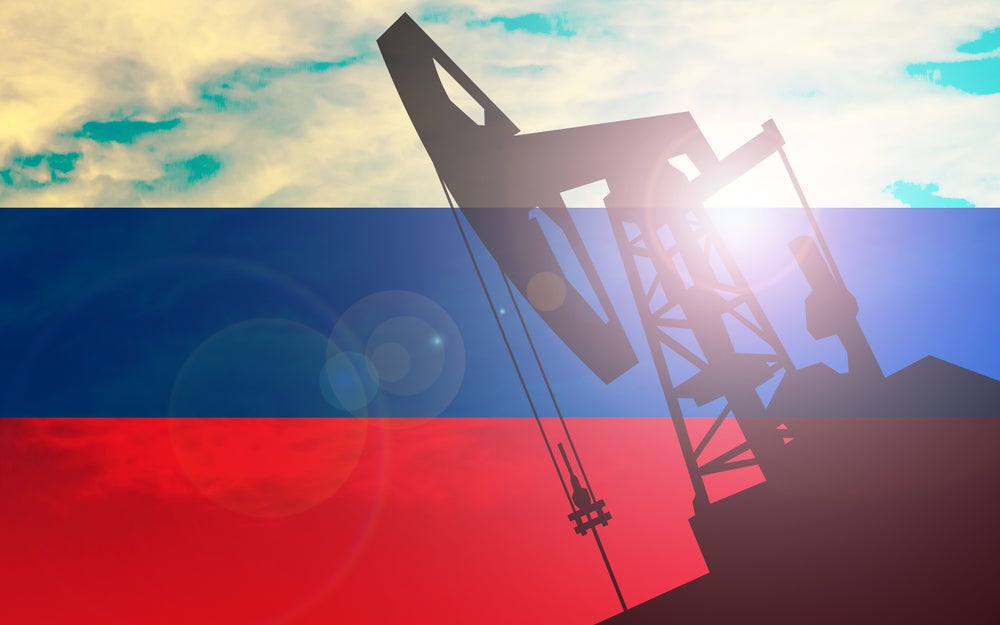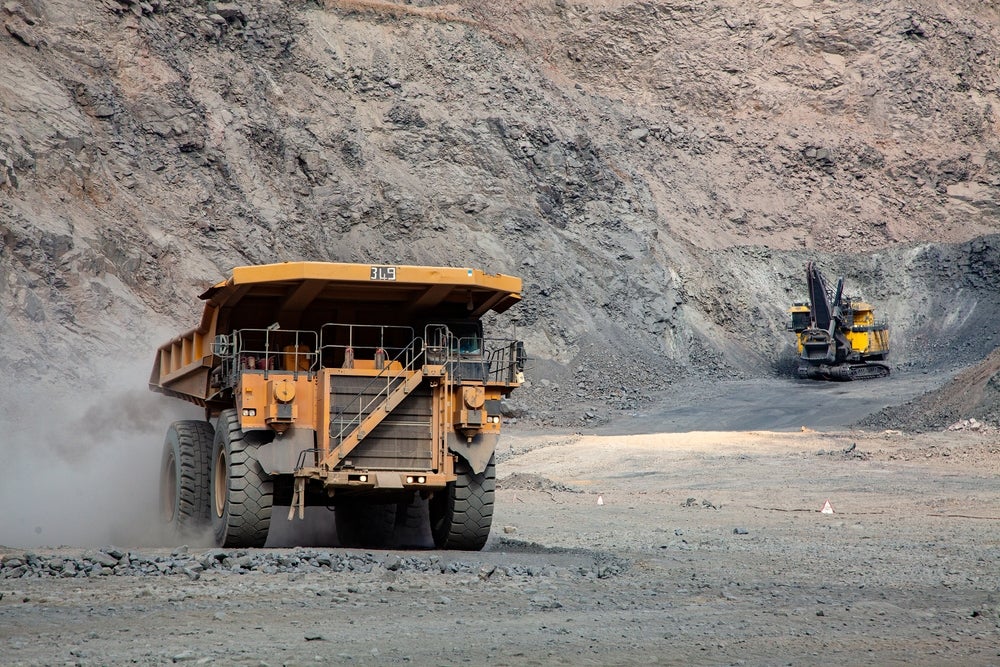
The asset finance divisions of banks are among Europe’s top funders of the Real Economy and often rightly count themselves as standard bearers for sustainability, but when there’s profit to be made by funding Big Oil’s carbon extraction projects some banking groups have shown they are prepared to make exceptions, however harmful it may prove for the planet. Alejandro Gonzalez reports
Banks’ specialist leasing arms, leasing subsidiaries and joint ventures are often central to funding equipment life cycle management, energy transition and the financing of low-carbon projects, allowing parent companies to bask in the green achievements generated by their leasing divisions, subsidiaries and JVs.
Successful and growing green finance initiatives allow banks to justifiably improve their sustainability credentials and counteract accusations of doing too little to fund green innovation. But what happens when a parent bank is engaged in funding a large dirty fuel project that undermines its sustainability efforts, where does that leave the green leasing executive?
If an executive of a bank subsidiary, division or JV can gain from association with the parent – through brand recognition, advertising budget, expertise and funding – can they not also lose from that connection when the parent bank opts to fund oil and gas projects on a colossal level?
By colossal, observers point to so-called ‘carbon bombs’, fossil-fuel extraction projects that threaten to drive the climate past internationally agreed temperature limits.
Why bombs? The projects identified in a recently released database are estimated to pump out at least 1 billion tonnes of climate-heating CO2 emissions during their lives, according to the Leave it in the Ground Initiative (LINGO), a non-profit organisation based in Germany.
How well do you really know your competitors?
Access the most comprehensive Company Profiles on the market, powered by GlobalData. Save hours of research. Gain competitive edge.

Thank you!
Your download email will arrive shortly
Not ready to buy yet? Download a free sample
We are confident about the unique quality of our Company Profiles. However, we want you to make the most beneficial decision for your business, so we offer a free sample that you can download by submitting the below form
By GlobalDataWith its impressive fossil-fuel reserves, Russia is home to about 40 such projects, 19 of which are operated by Russian companies (Gazprom, Novatek, Lukoil, Rosneft oil company and Tatneft) and are backed by foreign finance. The projects are predominantly in oil and gas extraction, although nearly a third are coal and include projects in Siberia and the Arctic.
While the Russian Federation is listed as the third worst offender in terms of ‘carbon bombs’ (behind China and the US) according to the journal Energy Policy, (in the article ‘“Carbon Bombs” – Mapping key fossil fuel projects’ published in May this year), UK financial institutions are listed as among some of the leading investors in Russian projects.
More than 70 NGOs and activist groups have joined a “carbon bomb defusal” network, working to stop such projects from going ahead.
Leasing Life has reviewed LINGO’s database for 2022 and identified funding by banks with significant European asset finance operations or subsidiaries.
LINGO database: Investors in Russian Carbon Bombs
The data was released on 24 August, Ukraine’s independence day and six months since the start of the Russian invasion. Campaigners in Ukraine are asking banks to put an end to these investments which they believe are funding Russia’s invasion of Ukraine and are accelerating a global breakdown of the climate.
Norway’s DNB, Denmark’s Danske Bank, Jyske Bank, Italy’s Intesa Sanpaolo, the UK’s HSBC, Finland’s Nordea, Germany’s Deutsche Bank and France’s Credit Agricole, BNP Paribas and Société Générale are named in the report.
We approached the banks named in our compilation of LINGO's listing.
A spokesperson for Jyske Bank said: "since January we have aimed at selling all Russian assets/papers as soon as possible, and have succeded in unwinding all Russian assets." A Danske Bank spokesperson said: "we have closed down the funds and are in the process of liquidating them."
A Société Générale spokesperson said: the "Group has significantly reduced its offshore exposure vis-à-vis its Russian counterparties, which stood at €2.6bn at 31 June 2022 (€3.2bn at end-December 2021 and €2.8bn at end-March 2022). Moreover, at the end of June 2022, the Group had a residual exposure to Rosbank of under €0.5bn corresponding mainly to guarantees and letters of credit that had been recognised as an intercompany exposure before the sale of Rosbank. Lastly, there now exists only one negligible exposure to Russian external counterparties."
DNB, Intesa Sanpaolo, HSBC, Nordea, Deutsche Bank, Credit Agricole and BNP Paribas did not get back to us.
On July 21 2022, Reuters reported that HSBC had agreed to sell its Russia business to Expobank. The deal was agreed shortly before Moscow blocked the sale of foreign banks' Russian businesses. Expobank is a privately owned Russian bank.
Reuters reported that " Société Générale has sold its Rosbank unit to Interros Capital, a firm linked to Russian oligarch Vladimir Potanin, but others, including Raiffeisen, UniCredit and Citi the biggest three units of Western banks in Russia, are still exploring options. Those three held 3.5 trillion roubles ($60.3 billion) in assets compared with 38 trillion roubles at top Russian player Sberbank at the end of 2021, when foreign banks accounted for 11% of total Russian banking capital, the latest data shows."
On July 15, Russia announced it would block the sale of foreign banks' Russian subsidiaries while Russian banks abroad cannot function normally, the Interfax news agency reported. It cited Deputy Finance Minister Alexei Moiseev as saying: "We discussed this at our subcommission, that we will not now, until the situation improves, give permission for the sale of foreign banks' subsidiaries and their assets in Russia."
Asset finance banks in Russia drafted into Kremlin’s war effort







